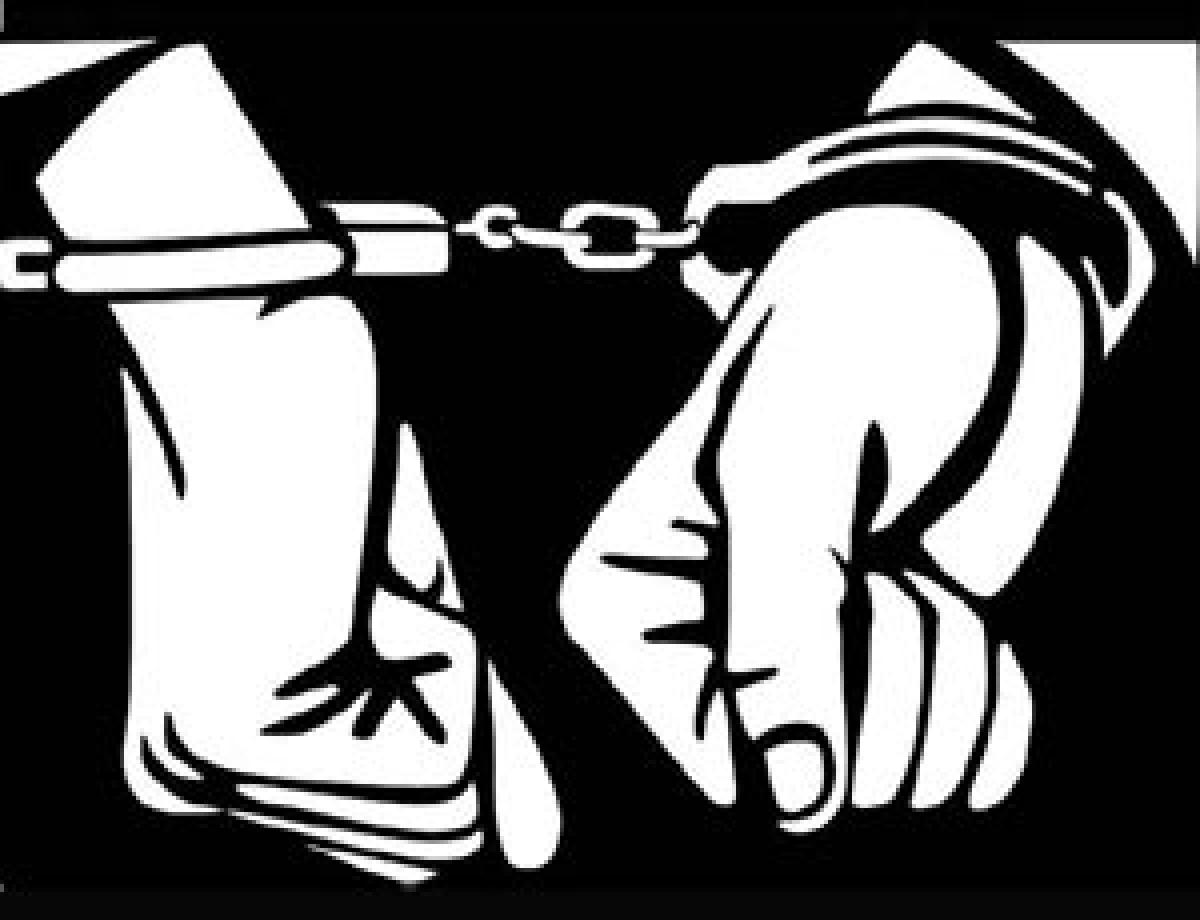Live
- Six scholars, including two women, win Infosys Prize 2024
- Gurukula zonal level sports meet concludes
- Vagdevi Jr College student selected for national basketball tourney
- Maoist area committee member arrested
- Collectorate staff protest attack on DC
- Villagers urge authorities to continue launch service even after construction of bridge
- MLA Padmavathi launches free lunch for readers
- Police high-handedness sparks outrage in Kodangal
- Khichi elected mayor of Delhi
- Sports enthusiasts encouraged to focus on achieving their goals
Just In

A Rajya Sabha Select Committee examining an anti-corruption Amendment bill has been granted extension till the next session of Parliament, to submit its recommendations.
A Rajya Sabha Select Committee examining an anti-corruption Amendment bill has been granted extension till the next session of Parliament, to submit its recommendations. The term of the Committee, which is to submit its report on the Prevention of Corruption (Amendment) Bill 2013 during the current session, was extended till the Winter Session.
The amendment includes a provision for CBI or the police to obtain prior sanction before initiating action against alleged corrupt officials, both serving and retired. The Bill, which seeks to amend the Anti-Corruption Act of 1988, provides for enhancing penalty for graft to a maximum of seven years from the present five years.
The proposed legislation has a provision that “no police officer shall conduct investigation into any offence alleged to have been committed by a public servant” under the PC Act, where the alleged offence is relatable to any recommendation made or decision taken by such public servant in the discharge of his official function or duties, without the previous approval of Lokpal (for Central government staff) and Lokayuktas (for those working under state governments).
The Centre is yet to set up the institution of Lokpal and Lokayuktas as mandated under the Lokpal and Lokayuktas Act. The Bill, pending before the Rajya Sabha for long, provides for more stringent punishment for offences of bribery, both for the bribe giver and the bribe taker, by amending the Prevention of Corruption Act, 1988. It also seeks speedy disposal of corruption-related cases providing that trial should be completed within two years.
India is one of 176 countries that is a signatory to the United Nations Convention Against Corruption, 2003 (UNCAC), under which all signatories must enact a law that penalises bribery of foreign public officials as well as officials of public international organisations. However, there is no domestic law at present that addresses this type of bribery. The Prevention of Corruption Act, 1988, penalises the acceptance of bribes by domestic public officials, while the Prevention of Money Laundering Act, 2002, criminalises the illegal flow of money through the attachment and confiscation of property.

© 2024 Hyderabad Media House Limited/The Hans India. All rights reserved. Powered by hocalwire.com







